Podcast: Critiquing knowledge co-production in disaster risk reduction
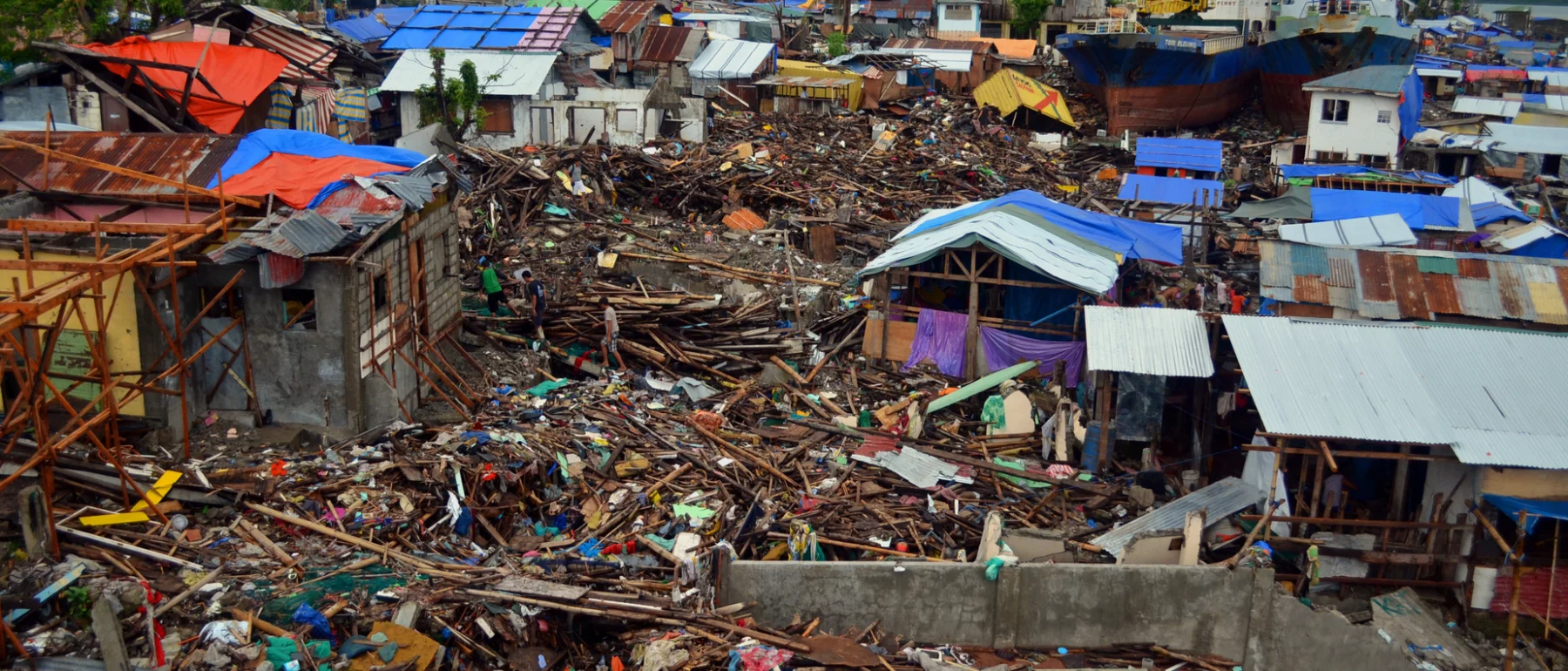
Summary
In this episode of the SEI Asia podcast series Environment and Policy in Asia, the Stockholm Environment Institute spoke to Minh Tran and Dayoon Kim of SEI Asia, who reflect on their work in climate and disaster research to critique knowledge co-production and find ways for research, policy and action to be more equitable.
This is an abridged version of the podcast episode article page on the SEI website.
About the Environment and Policy Asia podcast
SEI Asia’s podcast series is a platform for dialogue on critical environmental challenges in Asia and how to address them. Their guests range from environmental experts, think tanks, researchers and policymakers to journalists and civil society who explore collaborative pathways towards improving policy and practice on sustainability challenges in the region.
About the episode
As the number of climate-related disasters escalates – almost 400% in the last few decades – it is often the poor, ethnic, and marginalized communities who suffer the brunt of these impacts.
Disaster studies have pointed to unequal risk and vulnerability; normative progress has been made recognizing this in policies and international frameworks.
One key reason, according to SEI authors Minh Tran and Dayoon Kim, is that “disaster studies and disaster risk reduction (DRR) favor “expert” knowledge, predominantly Western-driven, science-based, and technocratic, over that of embodied, grounded, lived knowledge of local and Indigenous peoples.” As such, climate vulnerability’s more structural and systemic causes remain unaddressed.
In their recent paper, “Co-production revisited: from knowledge plurality to action for disaster risk reduction,” they point out how knowledge co-production needs to be critiqued and politicized so that disaster studies can situate local and Indigenous knowledge at its center.
Both agreed that there is a greater acknowledgment in disaster studies, policy discussions, and international frameworks of the needs and perspectives of local knowledge, especially in disaster risk reduction (DRR) work. However, there continue to be existing structures that prioritize certain types of knowledge and validate such knowledge as more scientific. This marginalizes and discounts other ways of thinking and knowing.
“Being in the position of resistance also influences how they experience and see the world, and that means knowledge and wisdom is coming out of those lived experiences as well. And that makes it also a distinct kind of knowledge that’s important to consider since climate change and disaster issues are complex political, developmental, and socioeconomic issues.”
Minh Tran, Research Fellow at SEI Asia
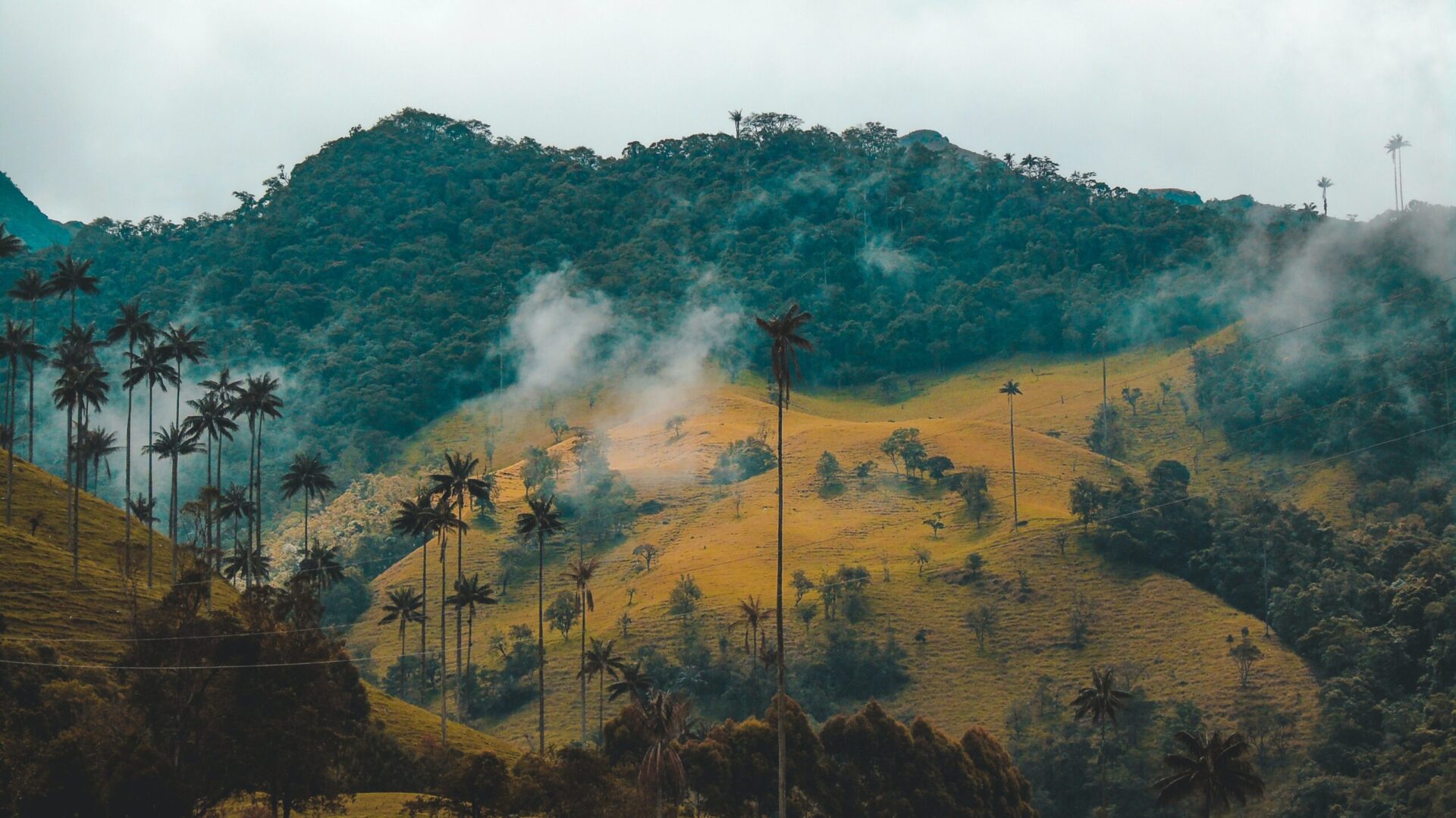
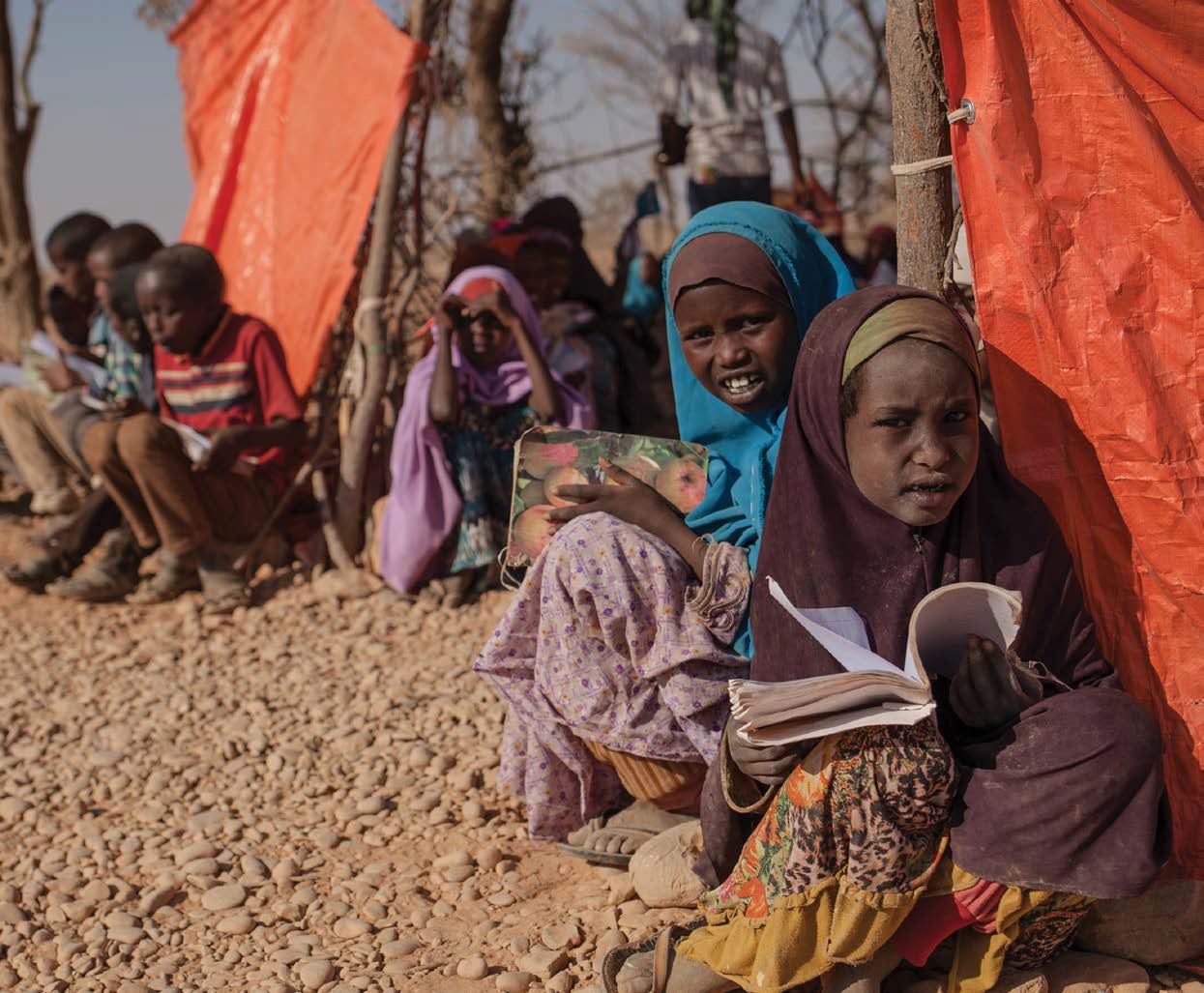
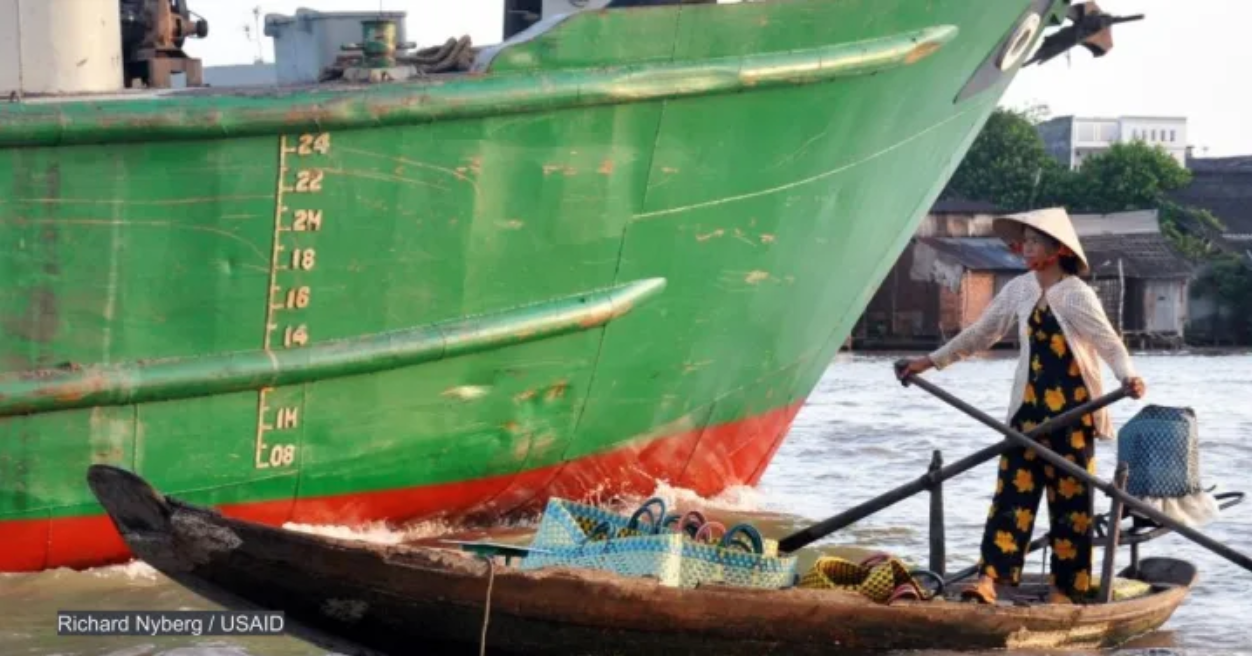
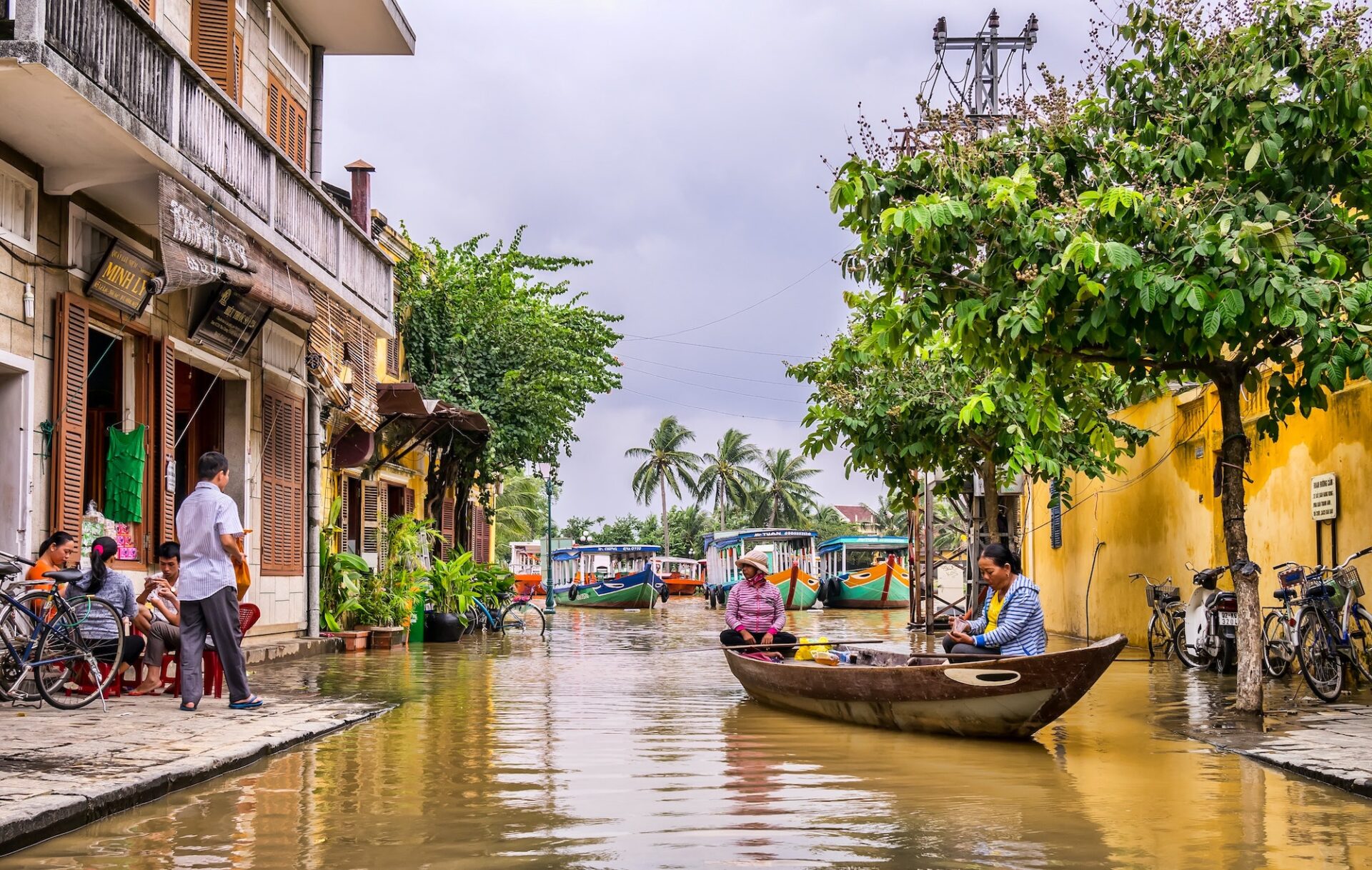
(0) Comments
There is no content